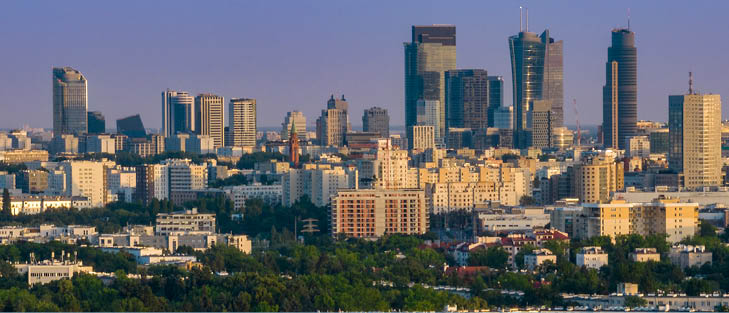I have been working as real estate lawyer in CEE for the past 20 years and at no time during that period have I been asked about one topic so much. Of course, I am talking about the b-word: Brexit. Questions range from “is it still going to happen?” to “how is the UK going to cope with what seems likely to be a ‘hard’ Brexit?” No matter what the question, it has been very interesting to gauge what the potential effect of Brexit will be on the CEE market and, in particular, on foreign institutional investment into the region.
There seem to be two trains of thought:
1. On the one hand, and especially from a real estate perspective, new, transactional, commercial real estate deals are down approximately 40% in the UK market. Investors have cash to invest but are less likely to invest in the UK until the uncertainty surrounding Brexit is resolved. A VP for an investment fund recently explained to me how his CEO would have him “hung, drawn and quartered” if he were to invest in a UK real estate asset now, only to have that asset reduce in value by another 10-15% after October 31, 2019 if there is a hard Brexit. He went on to say that this uncertainty is making him and his peers reassess their acquisition strategies and look at markets that they may have not thought about before – including those in CEE.
Countries in the Western Balkans have been of particular interest to certain investors. That includes both those countries which are already part of the EU or, for those with more of an appetite for risk, those that are not, such as Bosnia and Herzegovina, North Macedonia, Montenegro, and Serbia, where the returns on investment can be very attractive. Indeed, over the past 12 months I have had a number of specific enquiries into the Belgrade office market from investors looking at a potential yield of 6%+.
2. On the other hand, there are a number of commentators who firmly believe that Brexit will have a negative effect on investment in – and on the economies of – the CEE region. This view was reflected by the sharp, although short-term, depreciation of CEE currencies immediately after the referendum results were announced back in 2016, when the Polish zloty and Hungarian forint slid by around 6% and the Czech krona by 4%.
CEE economies are still seen by many international investors as emerging markets. Their economies are seen as much more volatile and vulnerable to economic and political instability than “core” European economies such as those in Germany or France. Accordingly, with all the instability surrounding Brexit (especially if there is a hard Brexit), both financial and greenfield investors may be much more reluctant to invest in the CEE region, preferring to invest in the “safe haven” countries of Western Europe. This could have a knock-on effect, it is argued, making negative investor anticipation a realization!
Another argument concerns the UK’s role as an important trading partner for most CEE countries. For example, it is Poland’s third largest trading partner, with total annual Polish exports to UK amounting to EUR 10.5 billion. The UK is also an important export market for other CEE countries such as the Czech Republic and Hungary. The simple argument is that if the UK suffers, then so will its trading partners.
So what will happen? No one has a crystal ball to see into the future, so I recently decided to throw the question out to numerous audiences at conferences I attended this year in CEE in my capacity as partner at WFW and Deputy Chairman of the British Serbian Chamber of Commerce. The aggregate results were clear, with 68% believing that Brexit would not have a negative impact on investment in the CEE region and the economies of the CEE region as a whole, and only 32% thinking it would.
Let’s hope that the people’s view is right!
By Petar Orlic, Partner, Watson Farley & Williams.
This Article was originally published in Issue 6.9 of the CEE Legal Matters Magazine. If you would like to receive a hard copy of the magazine, you can subscribe here.
















